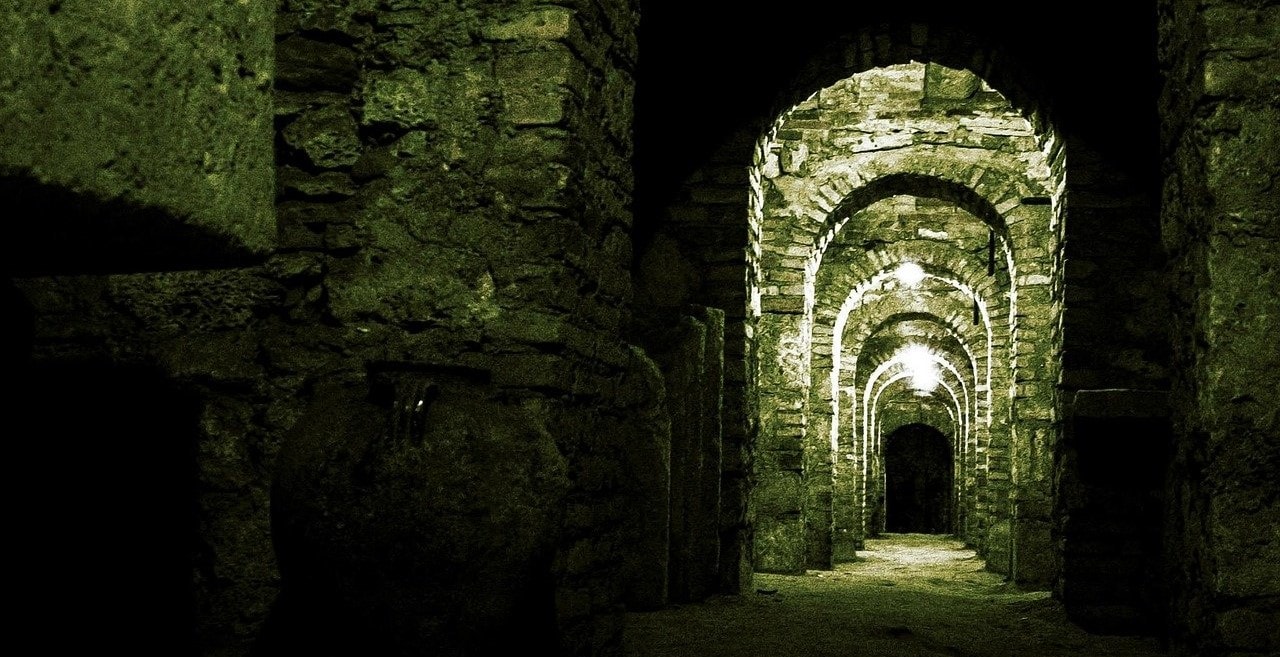Does Not Finding a Suitable Partner Bring Wrath On One’s Father’s Grave?
Question: Assaalmu ‘alaykum. I have been informed by some family members that a Muslim who cannot find a suitable partner will bring wrath on their father’s grave and cause sin on their parents? Is this true? I would like your Islamic point of view on this. Is it a requirement in Islam to marry, and would you and your parents be punished if you do not?
Answer:
Wa ‘aalykum assalam wa rahmatulah wa barakatuh.
I pray you are well.
No, this is not true. Whoever said this is trying to manipulate you by concocting a lie about the din.
The Rulings On Marriage
In Islam, it is generally a sunna to get married. This under normal circumstances. However, if someone does not have strong physical urges and can continue single without compromising their din with zina, then it is permissible for them to not marry. Although, marriage is superior.
In the same way, if someone will end up in zina or a haram relationship if they do not marry them, marriage is obligatory for them to marry. Marriage is impermissible for someone who will wrong his or her spouse. So, there is no blanket ruling for all situations, but the default is that it is a strongly emphasized sunna. (Ibn ‘Abidin, Radd al-Muhtar)
All Matters Are Decreed
Do not let the comments upset you. All matters are decreed by Allah. Sometimes, it takes a while for the right person to come, and sometimes, they come but marriage does not take place until much later. Be confident that Allah has a plan, and it is the best-case scenario for you. Your parents will not be sinful. They have done nothing wrong here.
May Allah grant you an excellent spouse with whom your din, dunya, and akhira flourish. Amin.
[Shaykh] Abdul-Rahim Reasat
Checked and Approved by Shaykh Faraz Rabbani
Shaykh Abdul-Rahim Reasat began his studies in Arabic Grammar and Morphology in 2005. After graduating with a degree in English and History he moved to Damascus in 2007 where, for 18 months, he studied with many erudite scholars. In late 2008 he moved to Amman, Jordan, where he continued his studies for the next six years in Sacred Law (fiqh), legal theory (Usul al-fiqh), theology, hadith methodology, hadith commentary, and Logic. He was also given licenses of mastery in the science of Quranic recital and he was able to study an extensive curriculum of Quranic sciences, tafsir, Arabic grammar, and Arabic eloquence.
